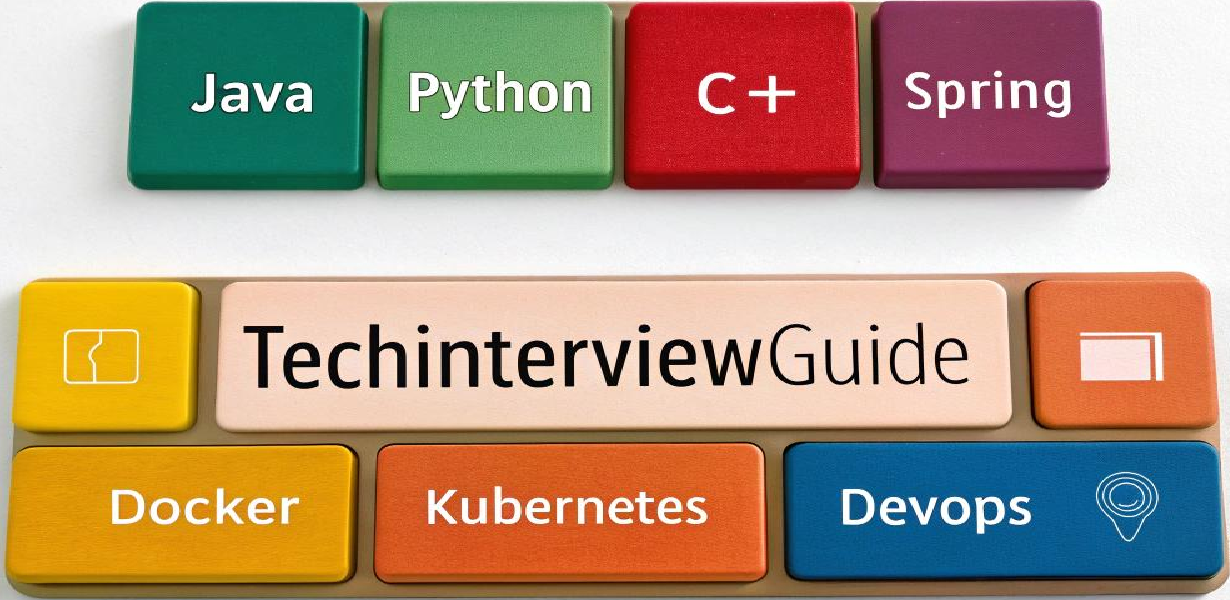Explore how to simplify Java’s event handling with Lambda expressions. Learn how Lambda expressions can replace anonymous inner classes in event-driven programming, improving the readability and maintainability of Java applications.
Introduction
In traditional Java applications, especially in graphical user interfaces (GUIs) like Swing or AWT, event handling plays a crucial role. Event handling refers to the process of responding to user actions, such as clicks, key presses, or mouse movements. Java’s event handling model relies heavily on event listeners, which are implemented using interfaces.
With the introduction of Lambda expressions in Java 8, you can significantly simplify event handling code by replacing verbose anonymous inner classes with concise, expressive Lambda expressions. This not only improves the readability of your code but also makes it more maintainable.
In this article, we’ll explore how Lambda expressions can be integrated into Java’s event handling model, specifically with AWT and Swing, to simplify event listener implementations. We’ll cover both the theory and practical examples to demonstrate how Lambda expressions make the code cleaner and easier to understand.
Understanding Java Event Handling
Before diving into Lambda expressions, let’s take a moment to understand the traditional Java event handling mechanism. Java’s event-handling model is based on the EventListener interface and its many subinterfaces, such as ActionListener, MouseListener, and KeyListener, each corresponding to a specific event type.
When an event occurs, such as a button click, the event listener is notified, and the appropriate method is invoked. The most common way to implement an event listener is by using anonymous inner classes. Let’s consider a simple example using a button click in a Swing application:
Traditional Event Handling Using Anonymous Inner Classes
import javax.swing.*;
import java.awt.event.*;
public class Main {
public static void main(String[] args) {
JFrame frame = new JFrame("Lambda Expression Event Handling");
JButton button = new JButton("Click Me");
// Using an anonymous inner class to handle the button click event
button.addActionListener(new ActionListener() {
@Override
public void actionPerformed(ActionEvent e) {
System.out.println("Button Clicked!");
}
});
frame.add(button);
frame.setSize(300, 200);
frame.setDefaultCloseOperation(JFrame.EXIT_ON_CLOSE);
frame.setVisible(true);
}
}
In this example, an anonymous inner class is used to implement the ActionListener interface. When the button is clicked, the actionPerformed method is invoked, printing “Button Clicked!” to the console.
Although this code works, it’s somewhat verbose. You have to define an entire anonymous class just to implement a single method, which can quickly become cumbersome in large applications with many event listeners.
Simplifying Event Handling with Lambda Expressions
With Lambda expressions introduced in Java 8, we can simplify the implementation of event listeners by writing more compact and readable code. Lambda expressions allow us to express instances of functional interfaces (interfaces with a single abstract method) in a much more concise way.
Since event listener interfaces, such as ActionListener, are functional interfaces (i.e., they contain a single abstract method), they are ideal candidates for Lambda expressions. Let’s rewrite the previous example using a Lambda expression:
Event Handling Using Lambda Expressions
import javax.swing.*;
import java.awt.event.*;
public class Main {
public static void main(String[] args) {
JFrame frame = new JFrame("Lambda Expression Event Handling");
JButton button = new JButton("Click Me");
// Using a Lambda expression to handle the button click event
button.addActionListener(e -> System.out.println("Button Clicked!"));
frame.add(button);
frame.setSize(300, 200);
frame.setDefaultCloseOperation(JFrame.EXIT_ON_CLOSE);
frame.setVisible(true);
}
}
As you can see, the Lambda expression e -> System.out.println("Button Clicked!") simplifies the code significantly. The Lambda expression directly implements the actionPerformed method of the ActionListener interface, making the code more concise and easier to read.
This approach not only reduces boilerplate code but also improves the maintainability of your application by making it easier to add, modify, or remove event listeners without cluttering the codebase with unnecessary classes.
Event Handling in Swing and AWT with Lambda Expressions
Let’s explore a few more examples of how Lambda expressions can be used in different event handling scenarios, particularly in Swing and AWT applications.
Handling Multiple Button Clicks
import javax.swing.*;
import java.awt.event.*;
public class Main {
public static void main(String[] args) {
JFrame frame = new JFrame("Multiple Buttons");
JButton button1 = new JButton("Button 1");
JButton button2 = new JButton("Button 2");
// Lambda for handling button 1 click
button1.addActionListener(e -> System.out.println("Button 1 Clicked"));
// Lambda for handling button 2 click
button2.addActionListener(e -> System.out.println("Button 2 Clicked"));
frame.setLayout(new java.awt.FlowLayout());
frame.add(button1);
frame.add(button2);
frame.setSize(300, 200);
frame.setDefaultCloseOperation(JFrame.EXIT_ON_CLOSE);
frame.setVisible(true);
}
}
In this example, two buttons are created with their respective Lambda expressions handling their click events. Lambda expressions make it clear and simple to specify the behavior for each button in a compact form.
Handling Mouse Events with Lambda Expressions
import javax.swing.*;
import java.awt.event.*;
public class Main {
public static void main(String[] args) {
JFrame frame = new JFrame("Mouse Event Handling");
JLabel label = new JLabel("Click anywhere on the window");
// Lambda for handling mouse click event
frame.addMouseListener(new MouseAdapter() {
@Override
public void mouseClicked(MouseEvent e) {
label.setText("Mouse clicked at: " + e.getX() + ", " + e.getY());
}
});
frame.add(label);
frame.setSize(400, 300);
frame.setDefaultCloseOperation(JFrame.EXIT_ON_CLOSE);
frame.setVisible(true);
}
}
In this example, the MouseAdapter class is used to override the mouseClicked method. The Lambda expression simplifies the event listener code, making it more concise and expressive.
Advantages of Using Lambda Expressions in Event Handling
- Concise Code: Lambda expressions allow you to reduce the boilerplate code involved in event listener implementations, making your code more compact.
- Improved Readability: By removing anonymous inner classes, Lambda expressions make the event handling code more readable and expressive.
- Easier to Maintain: Lambda expressions provide a simpler way to manage event listeners, making it easier to add, remove, or modify handlers without cluttering the code.
Conclusion
Lambda expressions offer a powerful and efficient way to handle events in Java. They allow you to reduce the complexity of event-driven programming, making your code cleaner, more readable, and easier to maintain. Whether you’re building desktop applications using Swing or AWT, or working with other event-driven frameworks, incorporating Lambda expressions will streamline your event handling and improve your overall coding experience.

